Air Pollution
91% of the world’s population breathes polluted air! Yet over one-third of countries have no laws protecting outdoor air quality! The World Health Organization (WHO) released updated air quality guidelines and targets for common air pollutants. WHO’s new guidelines aim to push governments to reduce pollution levels, protect the health of children and adults, and prevent climate change.
Pesticides
Pesticides are chemicals designed to kill, repel or control unwanted pests, such as insects (insecticides), weeds (herbicides), fungus (fungicides), harmful to cultivated plants, humans and animals.
Only a small amount of the pesticides actually reach their target; most of it leaches in the environment, contaminating the air, water, soil, and our food. Persistent pesticides, like DDT, can still be detected in humans 50 years after they were banned. Scientists have found pesticides in:
• Blood, urine and hair
• Breast milk
• Cord blood of newborns
• Placenta
No Safe Level
No safe blood lead level in children has been identified. Even low levels of lead in blood have been shown to negatively affect a child’s intelligence, ability to pay attention, and academic achievement. While the effects of lead poisoning may be permanent, if caught early, there are things parents can do to prevent further exposure and reduce damage to their child’s health.

PFAS: Forever Chemicals
Hundreds of everyday products are made with highly toxic fluorinated chemicals called PFAS. They build up in our bodies and never break down in the environment. PFAS are universally detected in pregnant women and cross the placenta. Very small doses of PFAS have been linked to cancer, reproductive and immune system harm, and other diseases.
Microplastics and Babies
Microplastics are tiny fragments of plastic, often too small for the eye to see. And they’re everywhere.
A new study finds that they are released in huge quantities from plastic baby bottles when they’re used to prepare formula. The study suggests that bottle-fed infants around the world may be consuming more than 1.5 million particles of microplastics per day.


latest LTM News
It's scary to think about the number of chemicals that enter our environment through plastic packaging. Many of these chemicals can block or enhance healthy hormone production.⠀
⠀
Until industry cleans up its act, little steps like these can positively impact your health. ...
It's called Regrettable Substitution, when a company replaces a banned chemical with a similar, often untested, chemical in their product.
Industry should be required to prove a product is safe before marketing it, especially to children and pregnant women.
#PlasticsTreaty
It's called Regrettable Substitution, when a company replaces a banned chemical with a similar, often untested, chemical in their product.
Industry should be required to prove a product is safe before marketing it, especially to children and pregnant women.
What We Do
Little Things Matter raises awareness of the growing environmental risks we face as a global community by translating science into free, easy-to-understand and actionable materials. Our goal is to spread awareness about the effects of toxic chemicals on the health of our population and planet.
We believe that every child has the right to a healthy environment.
”
Dr. Bruce Lanphear
If a corporation or industry wants to develop a product, it should have to prove that it's safe before it's released on the market or into the environment. The burden of proof shouldn't fall on public health officials or scientists to demonstrate that a product is toxic.
Follow Our Footsteps
It`s scary to think about the number of chemicals that enter our environment through plastic packaging. Many of these chemicals can block or enhance healthy hormone production.⠀
⠀
Until industry cleans up its act, little steps like these can positively impact your health. ⠀
⠀
- Eat a fresh food diet. 🥗 When families switched from a typical diet to one purely of fresh foods, they lowered the amount of BPA in their bodies by 60%. ⠀
⠀
https://bit.ly/46uvCTT ⠀
⠀
- Use a stainless steel or glass water bottle. 💧When people drank from a stainless steel water bottle, they had 69% lower BPA in their urine than when they drank from a plastic water bottle.⠀
⠀
https://bit.ly/3SGGb2J ⠀
⠀
- Avoid fast food when possible. 🍔 Families who never eat fast food have 20% - 40 % lower levels of phthalates than families who regularly eat fast food.⠀
- This month, world leaders are meeting in Ottawa to discuss the future of plastic production. Let them know that reducing plastic and plastic chemicals is important to you https://bit.ly/4aIjFwK
⠀
#peopleoverprofits 🌟⠀
#powerofprevention 💪🏾⠀
#littlethingsmatter 🐣
...
It`s called Regrettable Substitution, when a company replaces a banned chemical with a similar, often untested, chemical in their product.
Many plastic products include harmful chemicals that aren`t adequately tested before they are put to market. BPA, a chemical that makes plastic harder and durable, is a good example.
Industry knew BPA disrupted hormones - like estrogen and adiponectin - but continued to use it in consumer products. But BPA was in everything and it added up, being tied to 200 known diseases. Savvy consumers forced industry to replace BPA in baby bottles, teethers, and water bottles; industry responded by labeling items BPA-free and, too often, replaced BPA with other equally toxic-chemical, BPS.
Industry should be required to prove a product is safe before marketing it, especially to children and pregnant women.
Avoid unnecessary contact with toxic chemicals found in plastic by cooking at home and limiting food packaging. Never microwave or put plastic in the dishwasher. Heat degrades plastic making it easier for harmful chemicals to migrate into your food or water.
This month world leaders gather in Ottawa to discuss the future of plastic, plastic chemicals, and plastic pollution. Let them know you want to live in a world with less plastic! https://bit.ly/3W0uYeU
Add your voice to this petition asking Government to reduce plastic production and regulate plastic chemicals https://bit.ly/3Q2GF0Q All children deserve to grow up in a world free from man-made toxic chemicals.
#PlasticsTreaty #BeatPlasticPollution #LittleThingsMatter #WeeWarriorslled Regrettable Substitution
...
Ravitsky and Kimmin report that about 1 in 6 couples trying to get pregnant are infertile. The incidence of unexplained infertility is rising.
Exposure to some endocrine-disrupting chemicals (EDCs), such as lead and phthalates, increase the risk for infertility.
Reduce the impact of exposures to EDCs by:
- Choose whole foods, avoiding processed foods
- Avoid pesticides use in your home
- Do not use microwave plastic dishes
Read the study here: https://bit.ly/3Pnb49d
Check out our EDC page to learn more: https://bit.ly/3ThfNJw
#infertility #EDCprevention #healthyliving
...
No parent wants their child to wear a mask. Government should guarantee that every child has access to clean, healthy air. 🕊 Small steps can have a big impact on policy change.
Start today:
- Share this post so more people become aware of this global public health issue 🌐
- Explore air pollution regulation around the world with Global Clean Air https://bit.ly/3rAt6gj
- Get involved with the @environmental_defense_fund `s Clean Air Initiatives
...
New Science
Is your cutting board exposing you to microplastics?
Researchers found that plastic cutting boards are a source of microplastics, particularly in fast food chains where large quantities of food are processed.
Microplastics contain chemicals, like phthalates, that increase the risk of ADHD in children and infertility in men.
Wooden cutting boards inhibit bacterial growth; plastic cutting boards are conducive to bacterial growth (Ak, 1994).
A solid wood cutting board made by a local artisan from hardwood or bamboo is a great gift.
Checkout ways to reduce exposure here: https://bit.ly/3WEtBAx
Read the full articles: https://bit.ly/3S0Zun7
https://bit.ly/46S19j0
Photo source: Mr. Luqman Ali (College of Information Technology, UAEU) and Mr. Mubashir Noman (College of Engineering, UAEU) for the 3D-photo of the used cutting board.
...
Human beings today are bombarded by toxic chemicals and pollution. The natural environment is contaminated and is no longer safe for many of the world`s living creatures, including human beings. Little Things Matter is dedicated to improving health for children through reducing unnecessary chemical exposures and preventing disease.
#healthychildren 🌍
#powerofprevention 🐠
#littlethingsmatter 🎋
...
Big industry uses chemicals like phthalates to create strong and long-lasting scents. One sneaky place that manufacturers like to hide phthalates is under the term "fragrance". These chemicals are in the plastic family and can interfere with hormone production and interrupt the brain`s processing.
Products that use “fragrances" are everywhere, from laundry detergent to shampoo, stickers, children`s books, and trash bags. Products historically purchased by populations of color often contain disproportionate amounts of toxic chemicals.
If it smells strong and lingers, it likely contains phthalates. Avoid and reduce the use of products that list fragrance on their labels. Studies have shown that changing to cleaner personal care products can lower the amount of certain phthalates in your blood. https://bit.ly/48rEURy
Utilize sources like the Environmental Working Group`s database to find alternative personal care and cleaning products: https://www.ewg.org/ewgverified/.
Learn more about phthalates by visiting https://bit.ly/3wq53m6
#healthychildren
#littlethingsmatter
...
Researchers at @USCEHC found that emergency room visits for asthma dropped in neighborhoods with more zero-emissions vehicles – including battery electric, plug-in hybrid, and hydrogen fuel cell cars.
Nitrogen dioxide (NO2) – an indicator of traffic pollution – trended lower in neighborhoods with more zero-emission vehicles. NO2 can reduce lung function and cause children to have difficulty breathing.
For every additional 20 zero-emissions vehicles per 1,000 people, the rate of asthma-related emergency room visits dropped by 3.2%.
The adoption of electric vehicles was lower in neighborhoods with fewer college graduates, which tend to already have higher levels of pollution and related adverse health effects.
Policies to encourage the adoption of zero-emission vehicles, improve public transport and make it safer to walk and cycle, benefit everybody’s health.
Read the full study: 10.1016/j.scitotenv.2023.161761
#HealthyLiving
...
Meet Nalleli Cobo
Nalleli Cobo led a coalition to permanently shut down a toxic oil-drilling site in her community in March 2020, at the age of 19—an oil site that caused serious health issues for her and others. Her continued organizing against urban oil extraction has now yielded major policy movement within both the Los Angeles City Council and Los Angeles County Board of Supervisors, which voted unanimously to ban new oil exploration and phase out of existing sites.
Together with her mother, Nalleli began walking door-to-door in 2011, distributing fliers about the dangers of oil extraction and documenting the rampant illnesses in the community caused by oil pollution. She mobilized her neighbors to report the foul chemical smells to officials and share their own stories at town halls and city council meetings. Her organizing resulted in the formation of People not Pozos, for which she became the spokesperson—despite being the group’s youngest member. As the community’s voice against oil pollution, she began speaking publicly at community events and rallies, testified at government meetings, and garnered press coverage and support from elected officials. Courtesy of the Goldman Prize
The Toxic Chemicals Line Up
Phthalates
Phthalates
EDCs
EDCs
Pesticides
Pesticides
Lead
Lead
Air Pollution
Air Pollution
PFAS
PFAS
Fluoride
Fluoride
Microplastics
Microplastics
PFAS
PFAS
little Steps big impact
Sometimes the events that alter history and have enduring impact happen behind the scenes or without much fanfare. Little Steps, Big Impact takes a moment to highlight those significant events and celebrate their contributions.

Shifting to phthalate-free products
can quickly lower toxin levels
A new study shows that young women who use conventional foundation, blush, and mascara have higher levels of phthalates in their blood. Phthalates are hormone-disruptors, and can mimic or block hormones from properly signaling in the body, disrupting important reproductive and neurological systems.
When the young women in the study stopped using
products with phthalates, the level of some chemicals
in their blood lowered up to 45% after three days.
To reduce the amount of phthalates in your blood, swap personal care products for those without phthalates, parabens, or PFAS (or just stop using them). Products without these chemicals can be found by searching EWG’s SkinDeep database.
little videos that capture the big picture
Expand your mind and understanding of how environmental toxic chemicals affect all of us with these short educational videos.
The Deadly Impact of Airborne Particles: air pollution is all around us, what can we do?
Little Things Matter: The Impact of Toxic Chemicals on the Developing Brain

